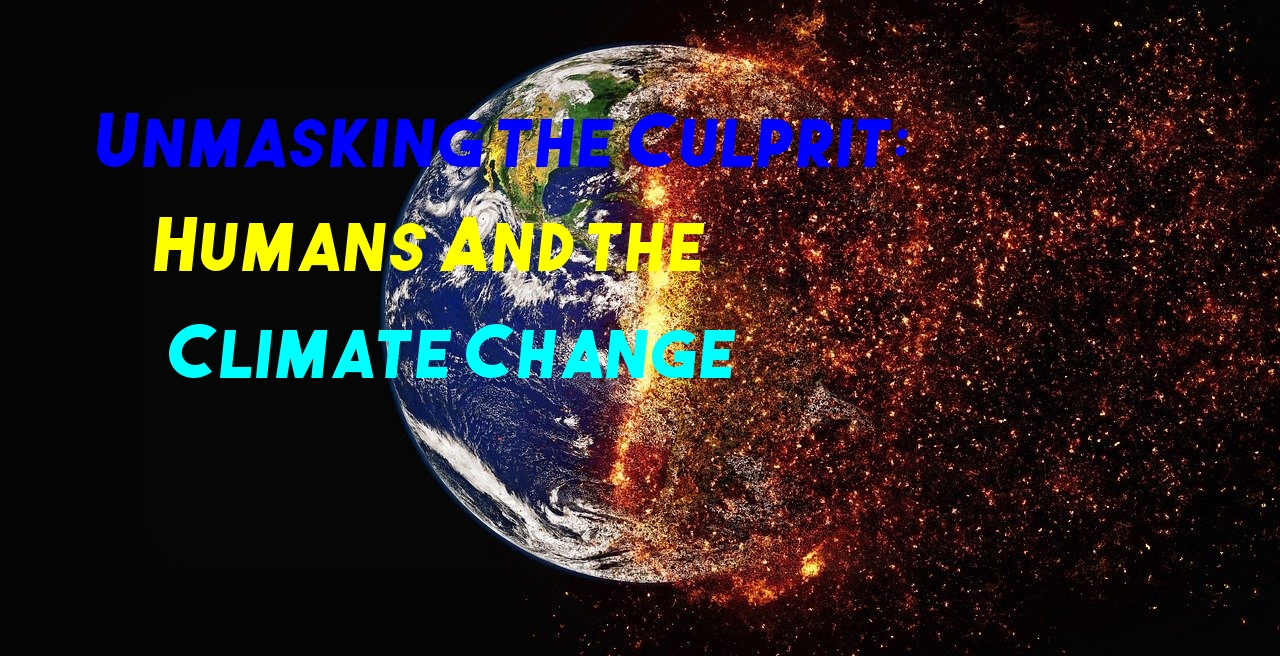While the scientific consensus may be that climate change is proceeding in line with expectations, those who invoke the phenomenon of irreversible damage should not be dismissed out of hand. While the climate system may yet possess some resilience, the same cannot be said of our ecosystems, some of which have already suffered irreversible degradation, even collapse.
In an era of convergent environmental crises, the framing of our predicament is crucial. Climate change is just one consequence of our unsustainable socioeconomic behaviors. Those who frame our precarious position primarily in terms of a climate crisis are missing the bigger picture.
I think we probably already passed the tipping point; methane hydrate and melting permafrost can probably self-sustain their melting with the ability to raise temperatures faster and by more than we can. The boreal forests are burning. The Amazon’s hydrology and, therefore, carbon cycle have been broken, so it really does seem bleak.
We can reduce how bad things get, but the idea that we are not getting hit by bullets is over. To my mind, it’s whether we can do enough to survive the changes or not that’s in question.
Climate change is one of the symptoms of overshoot, along with environmental pollution, deforestation, a decline in biodiversity, resource depletion, and so on. Our impact on the planet’s ecosystems is too big: we are consuming more (also renewable) resources than the Earth can regenerate and are producing more waste than the Earth can process; in other words, we exceed the biocapacity of planet Earth.
The three main factors involved are population, affluence, and technology. We cannot hope to solve the problem of overshoot by focusing only on one of these factors and leaving the others unchecked. We cannot think we can innovate our way out of this while at the same time striving for eternal (exponential) economic growth on a finite planet, which we still do.
I’m very pessimistic, however, that we can turn the tide, and here’s why: because of evolution, this tendency to consume all available resources and invade all available habitats is deeply ingrained in us as well as in other species. All species have a tendency to exploit their environments to the best of their abilities because evolution favors those species that are best at procreating.
If a population is kept in check by disease, food scarcity, predators, and so on, a relatively stable population can last for a long time. If these constraints are somehow overcome or (temporarily) fall away, a species population will explosively grow and develop into a plague. That is not a conscious action of the individuals of the species; it’s just the overall result of those individuals doing what they always do or try to do.
If the regeneration capacity of resources in the environment is exceeded, sooner or later the resources will be depleted, the environment can no longer support the large population that has emerged, and the population will implode.
This is simply what’s happening to our species right now. We have become ridiculously good at overcoming natural restraints like food scarcity, disease, and predators. This was not born out of bad habits or an evil plan; this situation just developed our evolutionary drive to survive and thrive, which is within all ‘successful’ species.
The only thing other than resource depletion that could stop this from happening is regulation, in our case, self-regulation (I don’t see any other agent powerful enough to regulate us). We are as close to that as any other species that ever lived, but not close enough. Only a minority of individuals in our species are even more or less aware of the situation, and we are far removed from actually properly managing the situation.
I don’t think that’s because we are intrinsically evil; I think it’s because we lack the ability. There’s no shame in that; no other (Earth) species has ever managed to do it. So I think this whole overpopulation/overshoot (and future population implosion) saga of humanity is simply evolution playing itself out, and that it is and has always been inevitable.
I’m not saying we are mere passive passengers on a train, though, and we should just sit tight and see where the train goes. We are on a ship without a captain, and we all have a tiny little bit of influence on its course. It’s just not that we can turn the ship 180 degrees around just like that. But there’s always bad, worse, and worse, and we should always try to aim for the best.

